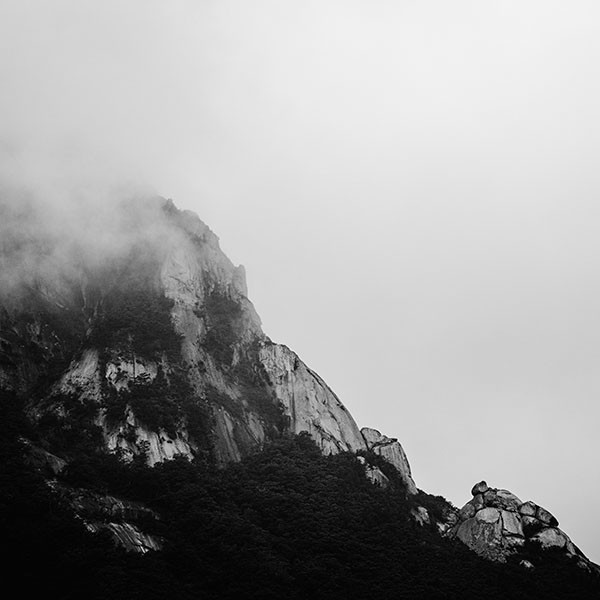Grown Men Don’t Cry

In the stillness of his basement workshop, surrounded by his tools and half-finished projects, Ed Foley is cranking a clamp around a cracked table leg when the wooly spider returns. It claws its way from inside his chest to his throat. Ed hits power saw table button and roots around the bushel basket of scraps for a piece of a two-by-four, something thick that will make a lot of noise. Cover up the terror. Elaine could walk in the door any moment, and he doesn’t want her to hear him wailing.
Ed sells industrial motors to manufacturers in his slice of Midwest territory. On weekends, he putters around in his workshop and dreams of hitting it rich, of spending the rest of his life sailing, fly fishing, traveling. He and Elaine were planning that trip to Wyoming in the fall, until the damn oil and gasoline crisis hit. Nixon still hasn’t solved the OPEC embargo, and now Ed is seeing all these god damned doctors.
Rooting around the basket, Ed finds the ragged remains of Oriental pajamas, and he remembers how after that sales conference near Chicago, he’d driven through a snowstorm to get to Chinatown to buy them for Jamie. Short-sleeved with a mandarin collar, the shiny blue cloth threaded with gold and red, the pajamas were so exotic Jamie had begged to wear them to school for show-and-tell, and Elaine had bundled her up in snow pants and parka, mittens and boots, and sent her off in the delicate wear.
Ed bats away the urge to pull the stained cloth from the basket and rub it between his fingers. “Tuck it in!” he growls to himself, like Sgt. Pulaski used to holler over in Korea. Ed never saw action, never shot a soul except with his Leica camera.
Korea, would he ever visit a magical place like that again? Those fields of purple lupine at the base of Mt. Seorak, the turquoise roof of the temple festooned with dragon heads painted in bold, glossy colors you’d never see on a building in America. And the gigantic golden Buddha, the pagoda with five stacked rooftops curved like the hulls of an ancient ship, and the multi-colored paper lanterns strung in alleyways, lighting up the night sky like a never-ending festival.
All that lost to time, so far away, like Jamie. No one told him how bereft a father could feel when his only child leaves for college. Empty nest. Isn’t that a woman’s thing?
Jamie hasn’t called but three times since she left this fall, and it’s nearly November.
Ed knows this process of separation is natural, that his daughter’s world is expanding, but sometimes he frets that she’s staying away because of him. Hell, he knows he has a temper. His own father was tougher, used a belt for discipline or his fist if a belt wasn’t handy.
Still, he can’t forget how he’d spanked Jamie when she was a kid because she’d wandered alone in the ravine or stayed out past dark. How he’d once picked her up smashed from a friend’s house and thrown her, with all her clothes on, into a bathtub full of cold water spiked with ice cubes. How he’d cursed at her when he spied purple blotches on her neck, screaming that if he caught her and that O’Malley boy messing around again, he’d cut off the boy’s family jewels.
He’d wanted only to protect her. This past summer she’d come home more than once from working at the men’s clothing store at the mall, acting strange, her eyes flecked with red, and he’d interrogated her. He couldn’t smell weed, but lately he couldn’t smell much. Smell wanes, his grandmother used to tell him, the closer you get to crossing over.
Ed holds the piece of wood on either end and pushes it through the power saw. When the buzz shifts to a high-pitched whine, cutting the wood in two, Ed swallows the spider in his throat. God damn it, he is only forty-six.
Weeping like this is ridiculous. Grown men don’t cry. Grown men don’t rip open their shirts and tremble in front of a mirror, as he did this morning, to stare for long minutes at their chests stained with blue ink marks, perfect right angles delineating the radiation’s target. Grown men tuck it in and carry on.
After turning off the table saw, Ed checks the clamp on the table leg, then draws his initials in the wood powder dusting its top. He remembers etching his initials in the newly poured cement of the sidewalk near his childhood home in St. Louis. That engraving might still be there, he thinks. Proof that he’d once walked that street, that town, this earth.
Ed pulls the twine attached to each of the two 150-watt light bulbs illuminating his workshop, and his space goes dark. He rounds the corner of his workshop to the wall-mounted telephone at the foot of the stairs in the adjoining playroom, with its ping-pong table, couch, and TV. He and Elaine and Jamie would hunker down here whenever a tornado warning hit.
With the electricity out, they would light candles and play gin rummy, or ping-pong if enough daylight filtered through the tiny basement windows. Once, he had taken Janie up the stairs to see if they could catch sight of the tornado in the distance. What a thrill it was to behold that menacing beauty. Both of them had felt it. Jamie squeezed his hand, screaming, Daddy, I love tornadoes. He’d ruffled her hair, she was that little then, and he told her that he loved her. Why is it so hard to say those words now that she is older?
Ed reaches for the telephone receiver. The dial tone hums in his ear, down his throat, and through his chest and limbs he feels a surge, like a spark firing an engine to life.

